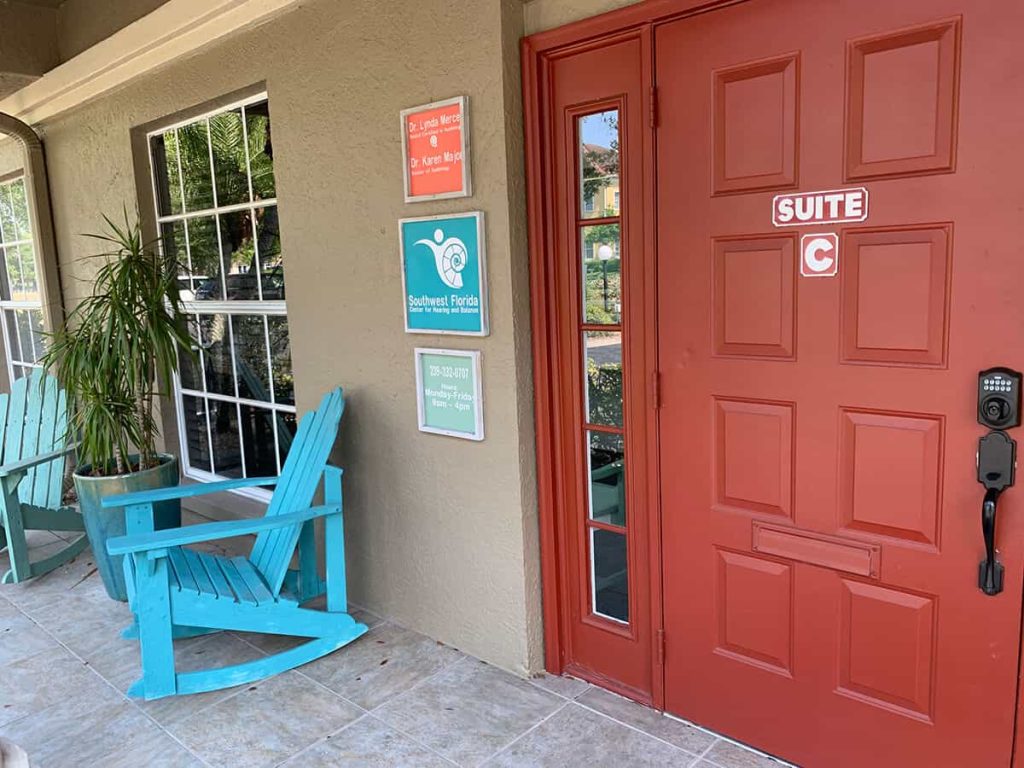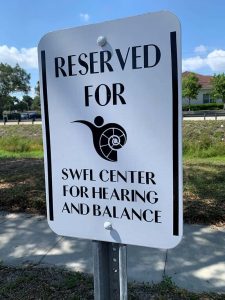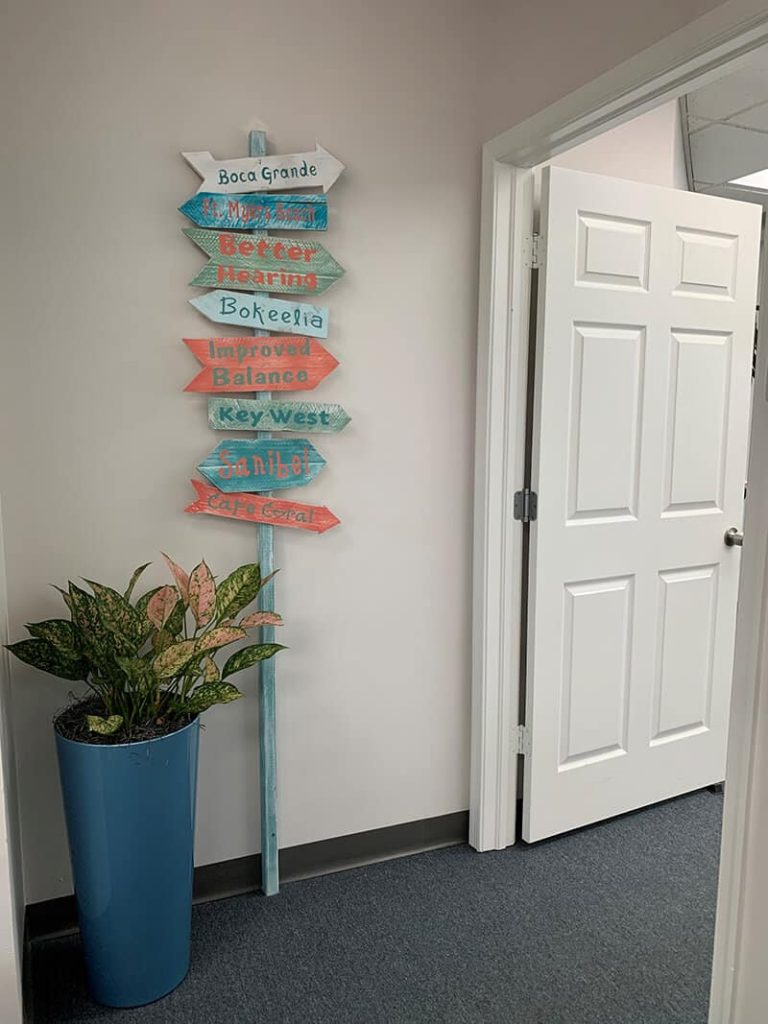What to Expect During A Hearing Test

- If you are coming to see Dr. Mercer or Dr. Major for a hearing test, you will receive paperwork to fill out before you come to the office. When you arrive, you’ll be greeted by either Valerie, Sarah, or Venia and put at ease by our hypoallergenic service dogs, Little Hawk, a loving golden doodle or Bella our pint sized Morky. (If you are uncomfortable with the dogs, no worries! We understand. Just let the staff know and we’ll put them away for the duration of your visit! We won’t get our feelings hurt.)
- We’ll collect personal identifying information and your insurance cards to scan. We’ll likely have you pose for a photo, too! We love to put a face to a name and recognize you the next time you come. We don’t share your photo with anyone. It just helps us give you more personalized attention.
- It’s rare for either doctor to run behind on their schedule, so you’ll be called back in a timely fashion. There won’t be time to watch an episode of your favorite show and only a short time to read your book. (If you aren’t seen on time, know it’s because someone before you needs just a little bit more time; if you need a bit more, you’ll get it too!)
- When the doctor calls you back, they’ll take a peek in your ears and sometimes even show you what they see on the computer screen. If there is an abnormality, they’ll even take a photo and put it in your record to refer to in the future or to send to another physician.
- Once your ears have been visually inspected, your hearing test will begin. First, the doctor will perform tympanometry. This test helps them know the condition of the eardrum and middle ear. It creates variations of pressure in the ear canal and helps them to determine the size of the ear canal and the mobility of the eardrum. While they are performing the test you will feel some pressure and hear a hum. The slight pressure felt isn’t uncomfortable and only lasts for a one to two seconds.
- Next they will perform otoacoustic emissions. This is a test they perform on all NEW patients. A probe, like an earbud, is placed in your ear and you sit still and quiet. You will hear a series of tones, but you don’t need to respond. The probe sends sound into the ear and the amazing healthy inner ear will “send” sound back. We measure the sound waves that return. This evaluation tells us if the cells responsible for hearing mid to high pitched sounds are healthy or not.
- After these are completed you will have a traditional hearing test. Dr. Mercer or Dr. Major will place earphones in your ears and ask you to listen to different pitched sounds. You will press a clicker every time you hear beeps, even when they are very very soft. You’ll listen to words and repeat them, too.
- You will have the option (usually before you are seen) to choose one or both of our special tests: Speech in Noise and/or Cognivue (cognitive screening). For the speech in noise test, you will listen to sentences with noise in the background and be asked to repeat the sentences. The results indicate how your auditory system functions when presented with speech in challenging environments. This is extremely valuable information for the audiologist to have to make appropriate recommendations regarding potential hearing devices and assistive listening devices.
- The Cognivue cognitive screening is the newest addition to our test battery! In recent years a strong connection between hearing loss and dementia has been identified. Those who have hearing loss have between two and five times more risk of developing dementia. As part of our comprehensive care we offer a cognitive screening that will help to identify a baseline of your current cognitive function and help us to appropriately meet your needs.



